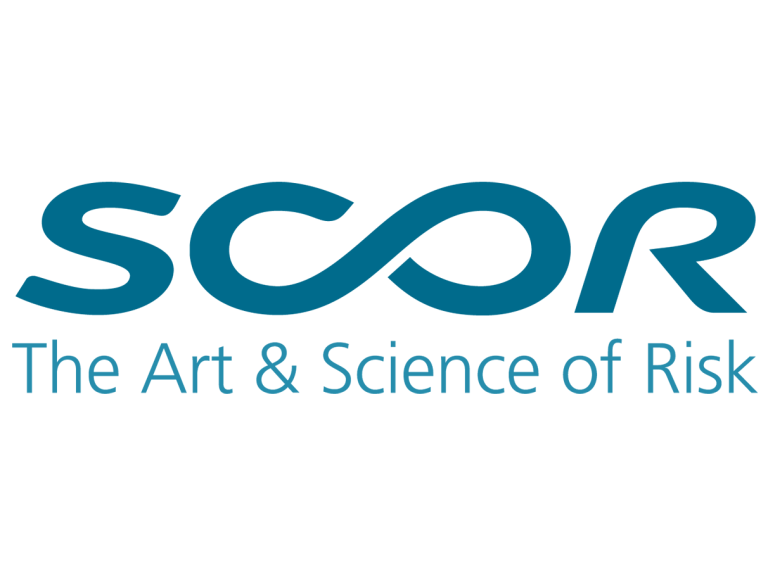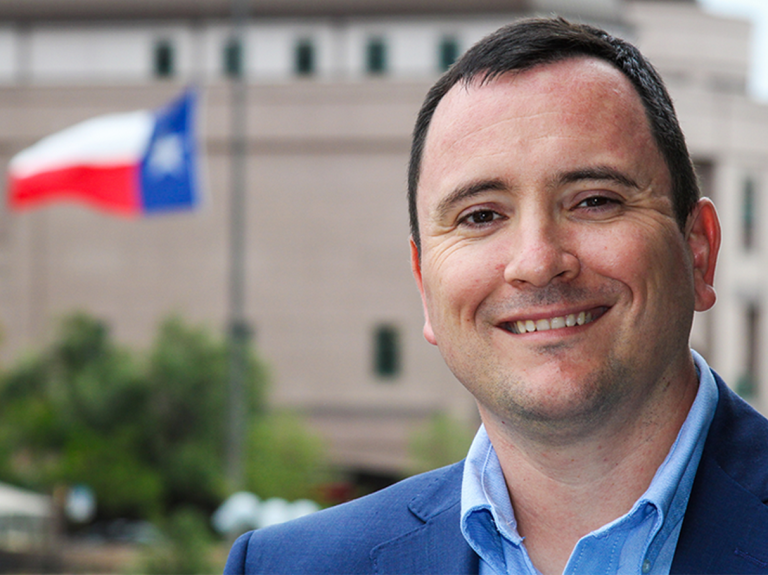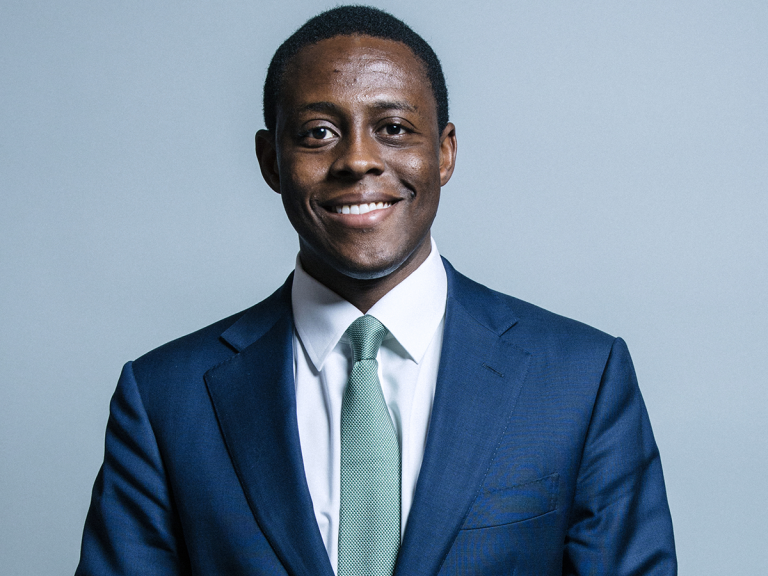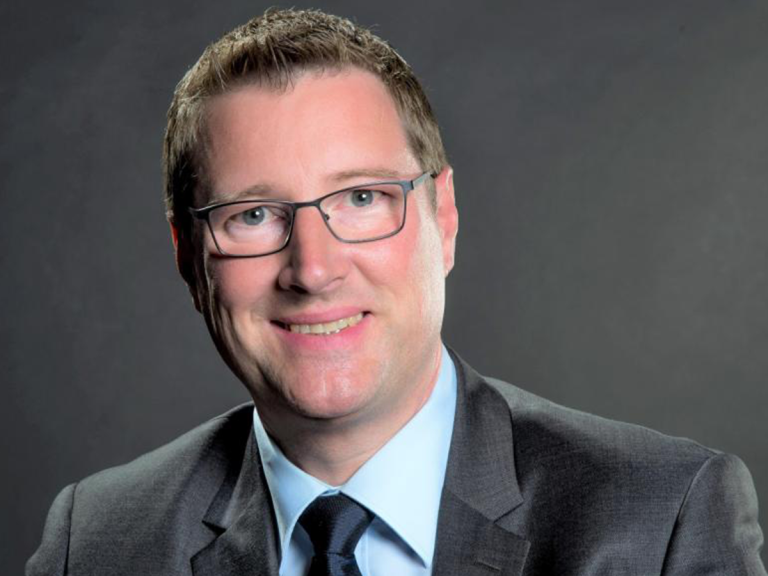Strategic Risk Solutions CEO Brady Young believes there is not a lot of value today in buying up other captive managers or services firms, with the independent captive manager more focused on expanding into the medical stop loss, benefits and the group captive sector.
Speaking on episode 95 of the Global Captive Podcast, Young and global president Ron Sulisz discussed their respective job roles and areas of focus, and how investment from private equity firm Integrum Holdings LLP this year has impacted the business.
“Our new capital partner is very interested in seeing us expand in some new areas,” Young said.
“So I’m spending more time on strategy, looking at potential M&A activities, looking at talent acquisition and basically doing the things I like to do.
Subscribe to the Captive Intelligence newsletter to receive our FREE twice weekly updates with links to news, analysis and podcasts.
“Ron’s doing a lot of things I didn’t like to do and doing as good a job as I should have. Ron’s really getting us ready for, I’d say, the next phase of our development as a firm.”
Young said it had been “business as usual” but the firm has been working on several projects to implement new software tools and processes so they can do things “smarter, faster, cheaper”.
Sulisz explained they are moving from a decentralised model, where each of the respective domiciles have largely looked after themselves, to more of a “hybrid model” with some services, mostly operational, being centralised.
“Each of the domiciles has grown organically and they have done a great job,” he said.
“We’re building out that operational side and, and that way the people that are in the domiciles can concentrate on our most important thing, which is our clients.”
Captive Intelligence reported on 6 November the launch of SRS Altitude, to be led by Loredana Mazzoleni Neglén, marking the firm’s entrance into the managing general underwriter (MGU) space, with a focus on providing structured (re)insurance and parametric products to clients.
Speaking on GCP #95 prior to that deal being announced, Young said they were generally looking outside of the traditional captive management space for its next phase of development.
“We know what it takes to run successful insurance companies,” he added.
“We do a lot of the hard stuff, quite frankly, and we think adding some of the other skills needed to run insurance companies is a natural extension.
“We didn’t really intend to get into the actuarial consulting business, but just to manage captives, particularly in Europe, you have to have actuaries on staff. So we’re looking around, I would say, a half degree or one degree of separation from our core business. And we see opportunities to grow naturally.”
In the United States, particularly, Young is keen to expand further into the medical stop loss, employee benefits and group captive space where the firm already has some presence.
SRS launched MSL Captive Solutions in 2020, while in August 2023 it launched SRS Benefit Partners.
“Over the years, we have looked at many, many firms and just decided we weren’t interested, either because we didn’t like the quality of the firm, we didn’t like the kind of clients they had, or we didn’t think the cultural fit was right,” he said.
“I don’t really see us doing a lot of acquisitions in the captive related space, and a little side note, they are also very expensive to buy. Prices for any insurance services firms are really pricey right now. You see that in the brokerage valuations.
“The areas where we’re going to focus would be medical stop loss, broadly because we think benefits and captives has got a lot of runway left and we think even though there’s some big firms, a lot of people are focusing on it, we do a lot already and we can do more in that space and offer more services than what we currently provide.
“We have a big group captive business already, but most of our group captives are homogeneous group captives. We like group captives a lot, and we think we have something to offer in that space. We’ll probably build as opposed to buy.”







